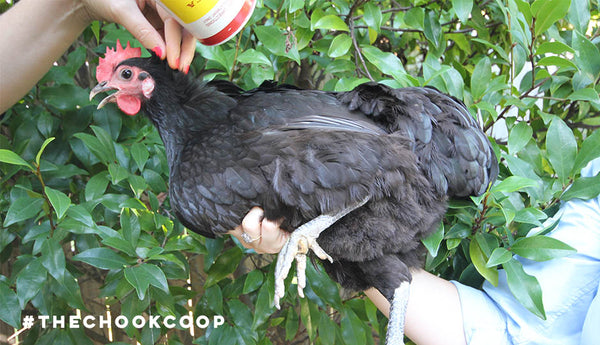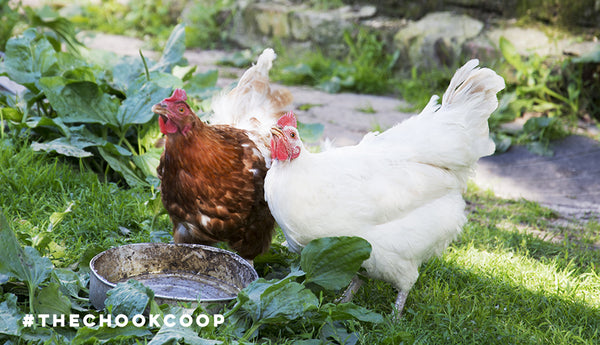Most breeds of chicken are more adept at weathering cold temperatures rather than hot ones. However, that doesn’t mean you can’t have chickens if you live in areas where the temperature is a bit steamy!
As we come into Spring and Summer where the temperature tends to warm back up, here are some things you should be aware of.
What problems can heat cause?
Chickens can be temperature sensitive to the heat, which may cause them a few health problems. The most prevalent issues are:
- heat induced stress
- heatstroke
- in some severe cases, death may occur.
But fear not - by taking the right precautions, you and your flock should have a stress-free spring/summer season!
How hot is too hot?
Approximately 29.5 degrees is where the average chicken might start to overheat. Areas such as North Queensland or the NT will probably frequently reach this temperature in summer, so if you want to keep chickens in these areas, might be best to look at getting breeds that are proven to be hardy in hot weather.
What are some warning signs my chickens are feeling the heat?
Your chickens will display certain behavioural characteristics if they are feeling a bit too hot under the feather - so keep an eye out for these warning signs:
- Drooping, lethargic
- No appetite
- Spreading their wings out from their body
- Panting
- Pale/discoloured comb and wattles
What precautions should I take?
-
ALWAYS have fresh, clean water available to the chickens for them to drink. This is vitally important!
-
Have a container or large bucket of cool water on standby. If you’re chickens are looking a little droopy or lethargic, slowly dip them into the water - they’ll love the cool relief.
-
Make sure part of the coop and run is in the shade, so they can escape from the sun’s harsh rays. We suggest fitting your coop with our shade mesh to provide shade no matter the position of the sun.

If you live somewhere particularly toasty, don’t be discouraged - we know for a fact that there are many chicken keepers happily tending to their flocks without issue in the northern parts of our country!
Come rain or shine, something we’ll never be able to control is the weather! There are plenty of factors to prepare for throughout the seasons. This can be a worry and concern when thinking about the safety and comfort of your backyard friends.
Cluckily, you can prepare for all seasons thanks to our friends over at Chickenpedia. I recommend their brilliant Weatherproof Chickens course to all my readers! They have compiled a practical guide of everything you need to keep healthy chickens through the seasons (which is more than you think!) with a great set of checklists and downloads to keep. Dangerous conditions including dehydration and frostbite can be avoided with the correct information and actions. Whatever the weather, this course will help you keep your chickens happy and healthy all year round.
As chicken keepers, we want to do an eggcellent job when caring for our feathered friends. Many chicken keepers struggle to handle chicken health or behaviour issues, especially in the first few years of having a flock. Chickenpedia have comprehensive online courses on everything you didn’t know you need to know and then some more! From healthcare to raising baby chicks to feeding and behavior, you’ll find beginner-friendly courses that’ll give you the knowledge and confidence to successfully look after your chickens.
As a member, you will get access to ALL their fantastic courses. No need to wing it, become the ultimate chicken eggspert! Check out Chickenpedia and their amazing courses today!
If you found this article useful, you should definitely check out:
Top 5 Chicken Breeds for Warm Climates



















